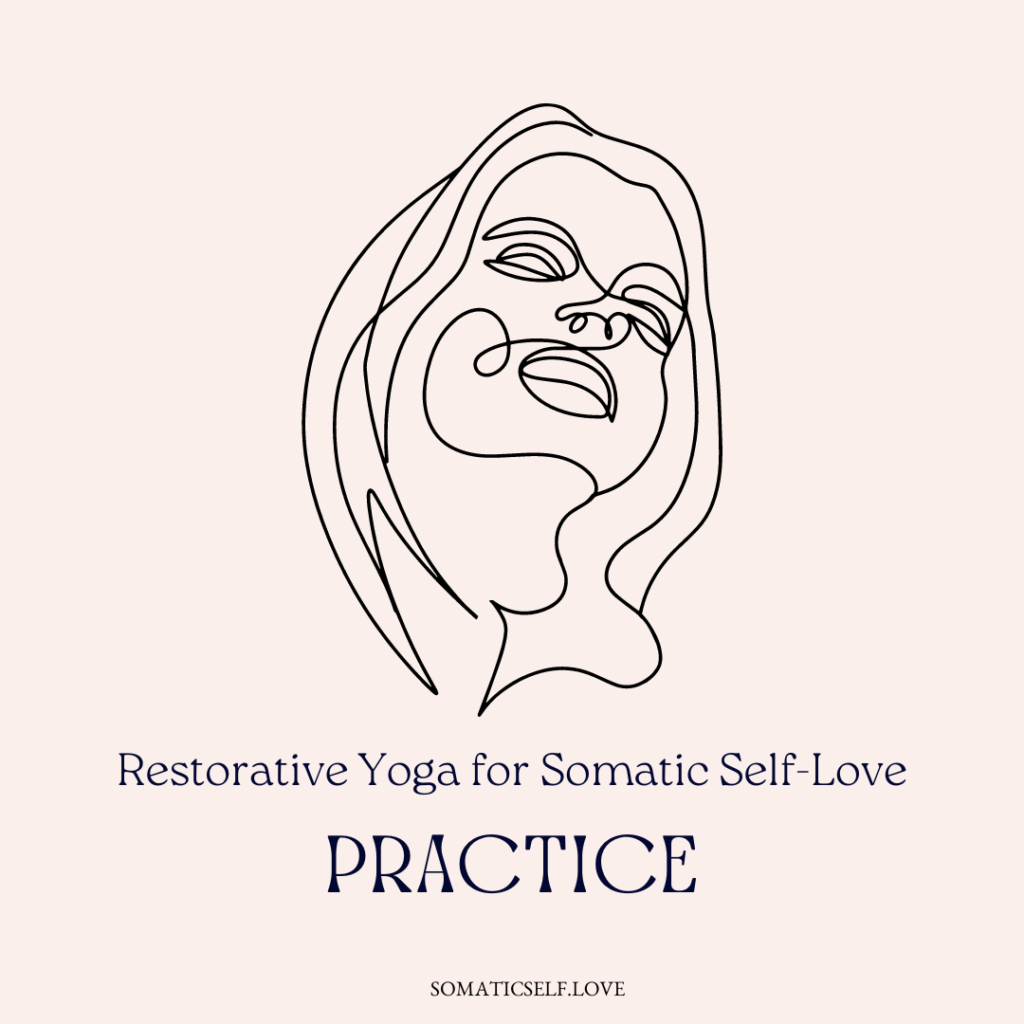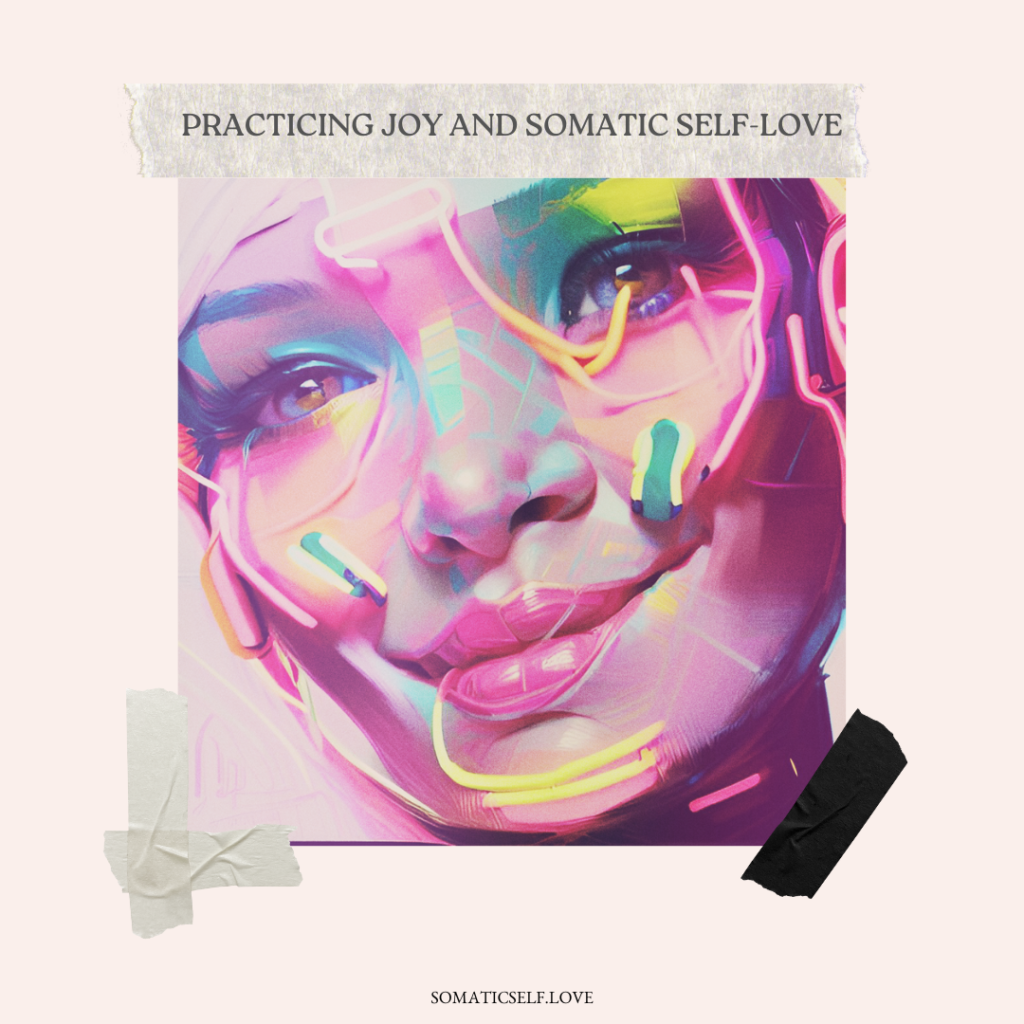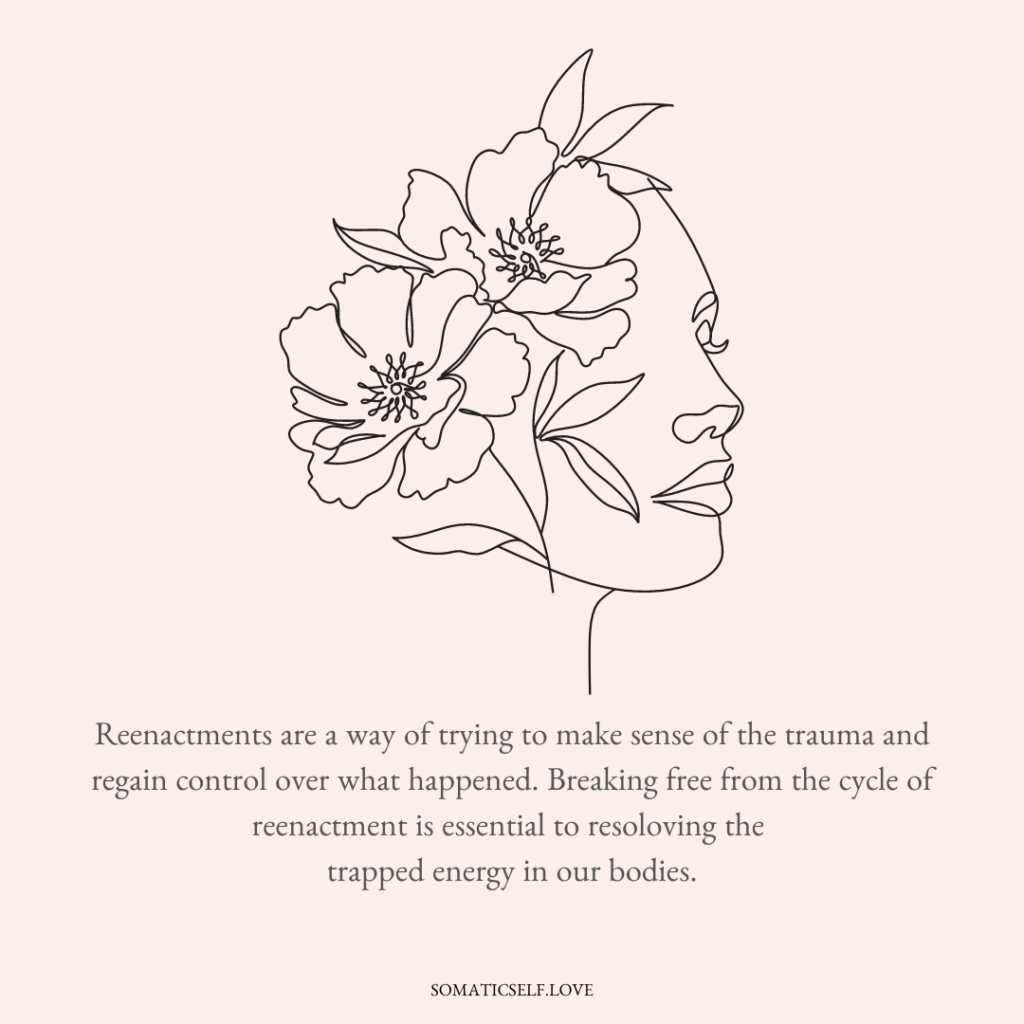Spending Time in Nature to Build Somatic Self-Love
Nature bathing, also known as forest bathing or shinrin-yoku, is a practice that involves spending time in nature to promote physical, emotional, and spiritual well-being. The practice originated in Japan in the 1980s and has since become popular worldwide to reduce stress, improve mood, and promote relaxation. Nature bathing involves immersing oneself in nature through…
Read more









